Coherence is a relative thing. I mean, I’ve had people tell me that David Lynch’s Dune (1984) is impossible to follow — I was even told that before I saw it — and I have no idea what they’re talking about. It always made perfect sense to me, though I think I’m more apt to just “go with” things that I’m shown than a lot of people seem to be — the effect being more important than the logic or the explanation (or lack thereof). However, even I tend to waffle at Italian horror pictures and what its defenders like to call “dream logic,” which is a nice way of saying, “It doesn’t make a lick of sense.” (This same…er…quality is what allows people to run wild with the supposed “meanings” of these movies. The fact that — near as I can tell — they mean absolutely bugger-all gives one free rein to claim they mean anything. Pick up any book on Eurohorror and you’ll see what I mean.) Probably the high priest of “dream logic” is Dario Argento, whose work — even at its best — lends itself to the technical term “batshit crazy.” (Truthfully, I don’t find his films any less coherent than those of Mario Bava or Lucio Fulci, though I do find Argento’s vastly more entertaining and creative.)
That brings us to Deep Red — a film that is apt to startle the more casual Argento fan because it boasts a reasonably coherent story. The truth is most of Argento’s earliler films are fairly straightforward thrillers — in the giallo (meaning yellow) form, which takes its name from a species of lurid pulp fiction that was printed on yellow paper. Translated to film, the yellow turned a rather vibrant blood red. These movies were also called “shock machines” (though that terms seems to have gone by the wayside) for reasons that are pretty obvious. Deep Red is, in a sense, the last of these, though that becomes a little confusing for U.S. audiences, because it was re-released here after his breakthrough hit Suspiria (1977) — and that re-issue was treated as a follow-up to Suspiria. In reality, Suspiria is where Argento — for better or worse — went full-tilt into the realm of horror and the supernatural that had always been lingering on the edges of his movies. Deep Red — which opens with a touch of the supernatural — is mostly a mystery that’s been tarted-up with gory (for the era), sadistic murders and an atmosphere that can only be called slightly unhealthy.
I already outlined the story in the opening paragraph, but the story gives little hint to the tone of the film, which mixes slightly awkward romantic comedy (between Hemmings and Nicolodi) with its otherwise creepy sanguinary mystery. The comedy elements definitely take a back seat to the grotesque, but they’re certainly there (even more so in the Italian print). Whether they help or not is a personal call — one I have mixed feelings on, though they do serve to make the leads more likable. The biggest appeal — as is often the case with Argento — is the film’s stylishness and generally terrific cinematography. How many films — horror or otherwise — go to the trouble of creating an all-night diner in the style of Edward Hopper’s Nighthawks painting? Take it further — the diner isn’t integral to the movie, it’s merely a background to an early scene. Its function is simply to set the film’s strange mood. It’s this kind of attention to detail that keeps Argento fascinating — at least up to his more recent work.
I should note that the film is available in two versions — the original Italian and the dubbed English language one. The Italian version is longer, but adds very little of note — a scene of Hemmings in rehearsal, an extended comedy sequence, a hatchet blow here, a longer dogfight there. It also offers a different rationale behind what set the murderer off in the first place. However, I think the English version plays better overall and it’s certainly less distracting not to listen to David Hemmings dubbed by another actor into Italian.

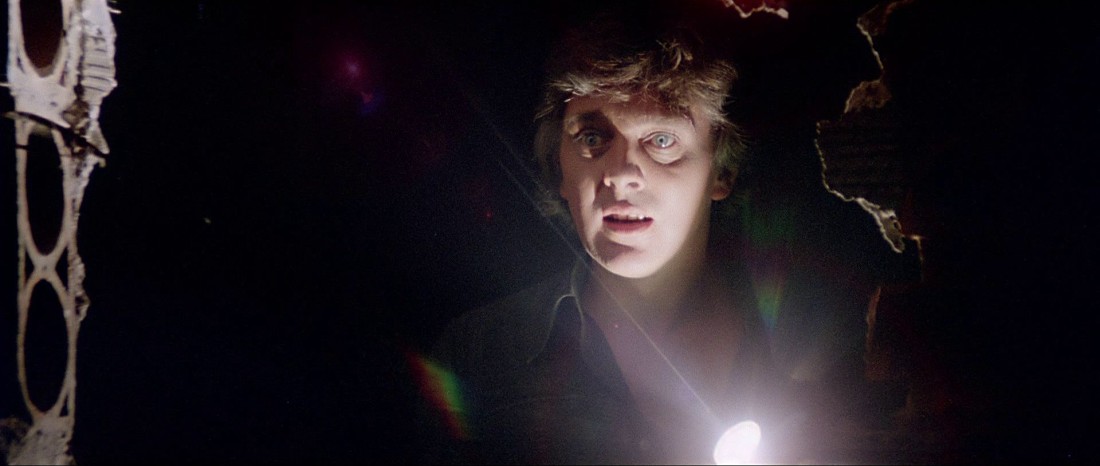
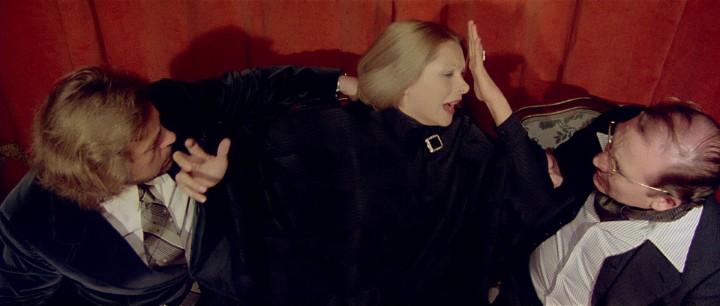

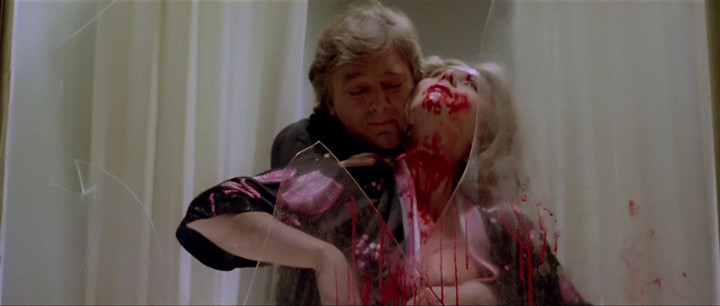
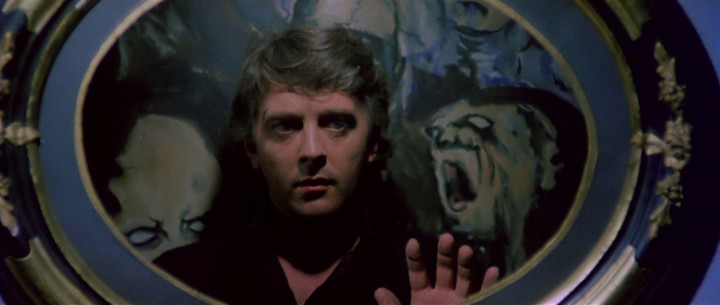
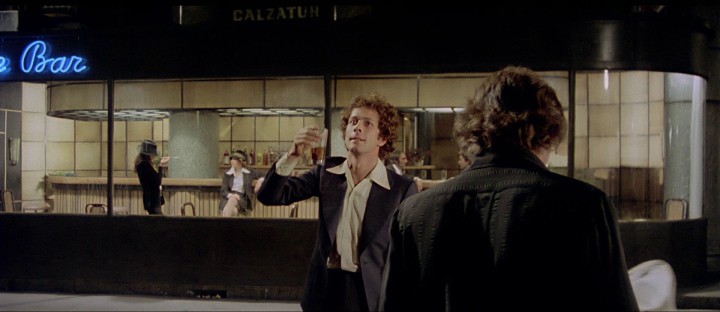

Before you comment
The comments section is here to provide a platform for civil dialogue on the issues we face together as a local community. Xpress is committed to offering this platform for all voices, but when the tone of the discussion gets nasty or strays off topic, we believe many people choose not to participate. Xpress editors are determined to moderate comments to ensure a constructive interchange is maintained. All comments judged not to be in keeping with the spirit of civil discourse will be removed and repeat violators will be banned. See here for our terms of service. Thank you for being part of this effort to promote respectful discussion.